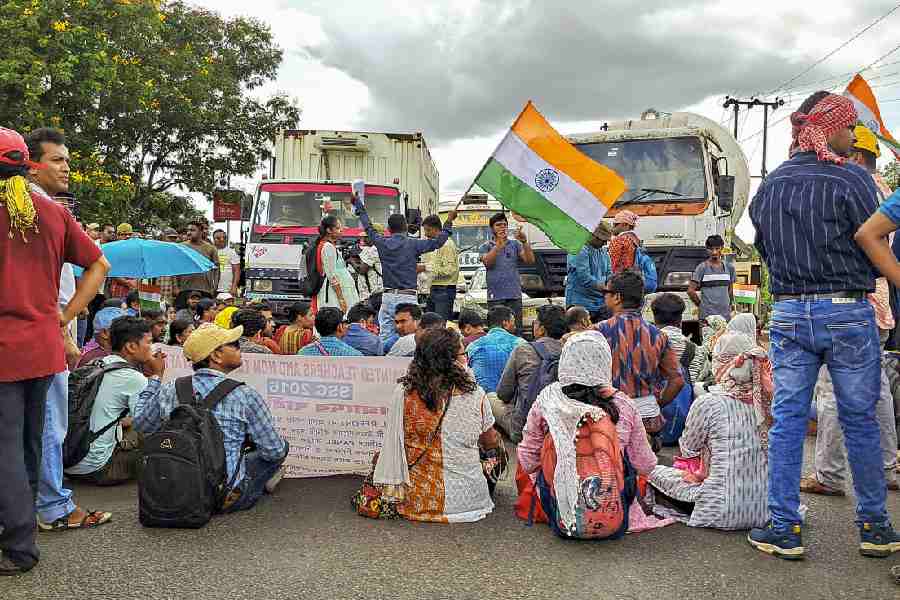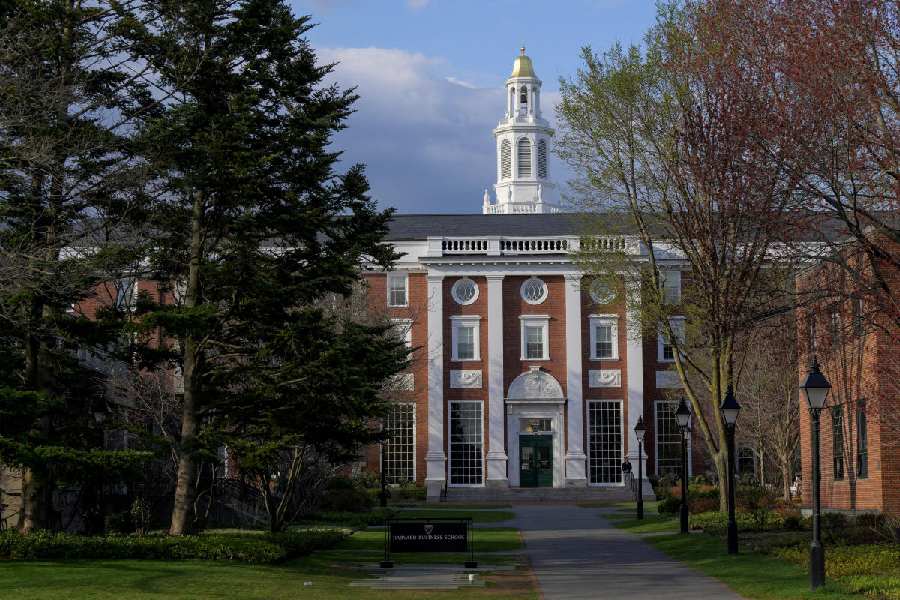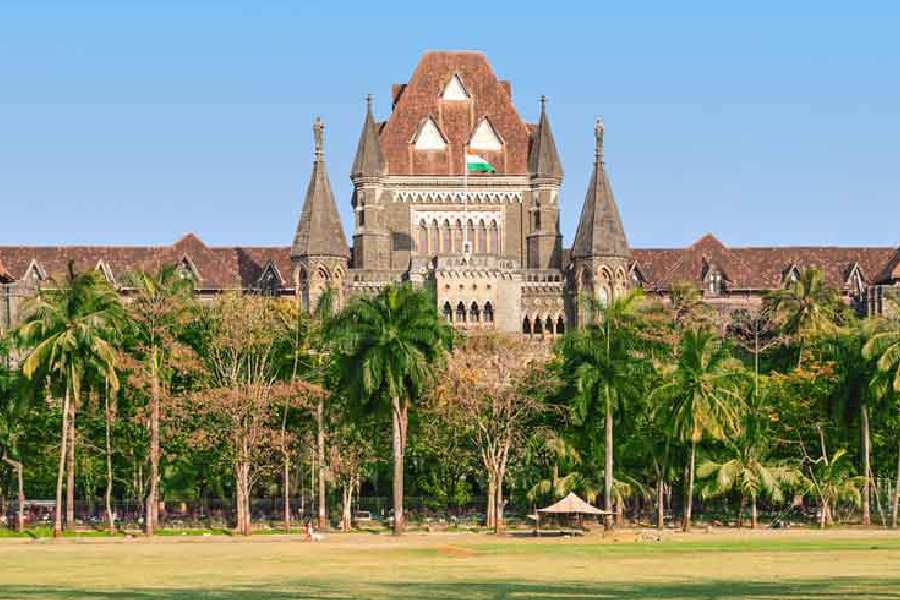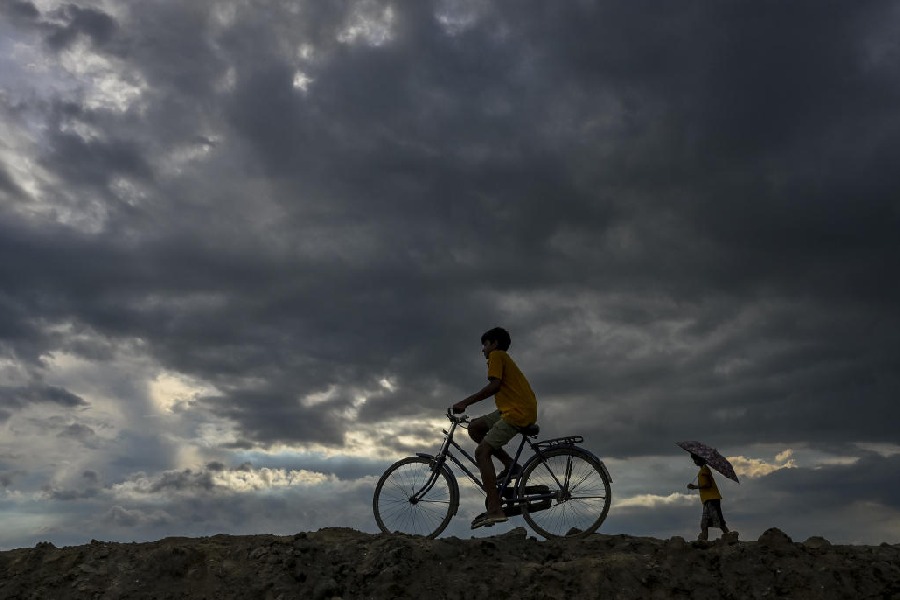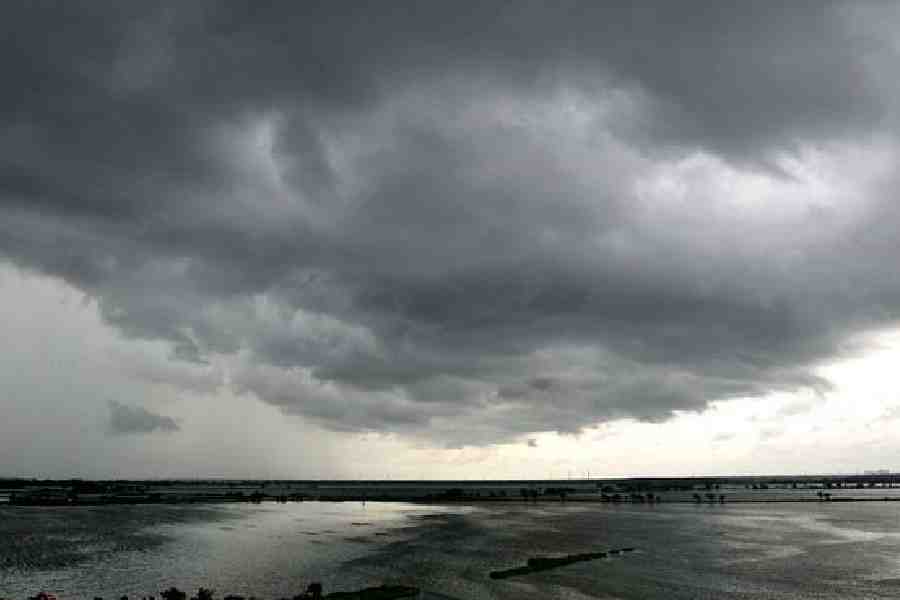The head of Tata Motors, Ravi Kant, has posed an extremely critical question to the people of West Bengal. Irked by the continuing violence at the Tata Motors plant in Singur, and his patience obviously at the end of its tether, he said that the people of the state will have to decide whether they want industrialization or not. Behind this question lurks an even bigger poser. The people of West Bengal will have to decide if they want to inhabit a modern age with modern values and institutions, or go back to the dark ages with its obscurantist values and medieval institutions. There is a pronounced streak among large sections of the people of West Bengal — even educated and intelligent ones — of opposition to the industrialization of the state. They refuse to allow land to be transferred from agriculture to industry, and to stop this process they are not averse to the use of the most appalling kind of violence. What is significant is that those members of the intelligentsia who walked on the streets to protest against the violence in Nandigram have not issued even a letter of protest against the unprovoked assault on an engineer working on the Tata Motors plant in Singur. Presumably, the belief is that violence to stop industrialization is justified. The Luddites of early 18th century England seem to have returned to haunt 21st century West Bengal.
There is very little realization that if industrialization does not happen in West Bengal, the immediate result will be economic stagnation. The impact of this stagnation will inevitably be felt on society and its institutions. What economic backwardness can bring about was highlighted by the news item that in a village in Murshidabad, a kangaroo court ordered that a man be beheaded because he had married a girl from another community. This incident happened not in the middle ages, but in the 21st century; it happened in a state that boasts of its enlightenment and of something called the Bengal Renaissance. The beheading of a man and the existence of such things as the kangaroo courts reveal how shallow modern values are in West Bengal, and how perilously close the state is to reverting back to pre-modern times and mores.
The reason for this plight is not difficult to pinpoint: the absence of education. Education has not progressed because of lack of financial resources, which have been in short supply because of the economic stagnation of the state. Yet, the people of West Bengal refuse to acknowledge the reality that surrounds them. They continue with an antiquated and irresponsible radicalism. The choice before the people of West Bengal is stark. And this choice has nothing to do with which party they want in power. It has to do with the future of the state. Opposition to industrialization opens the door to the dark ages. Industrialization opens a window to the modern world and to economic growth. The people of West Bengal can decide to live or to commit collective hara-kiri.


